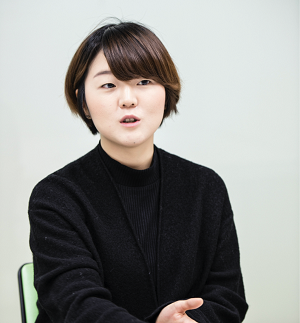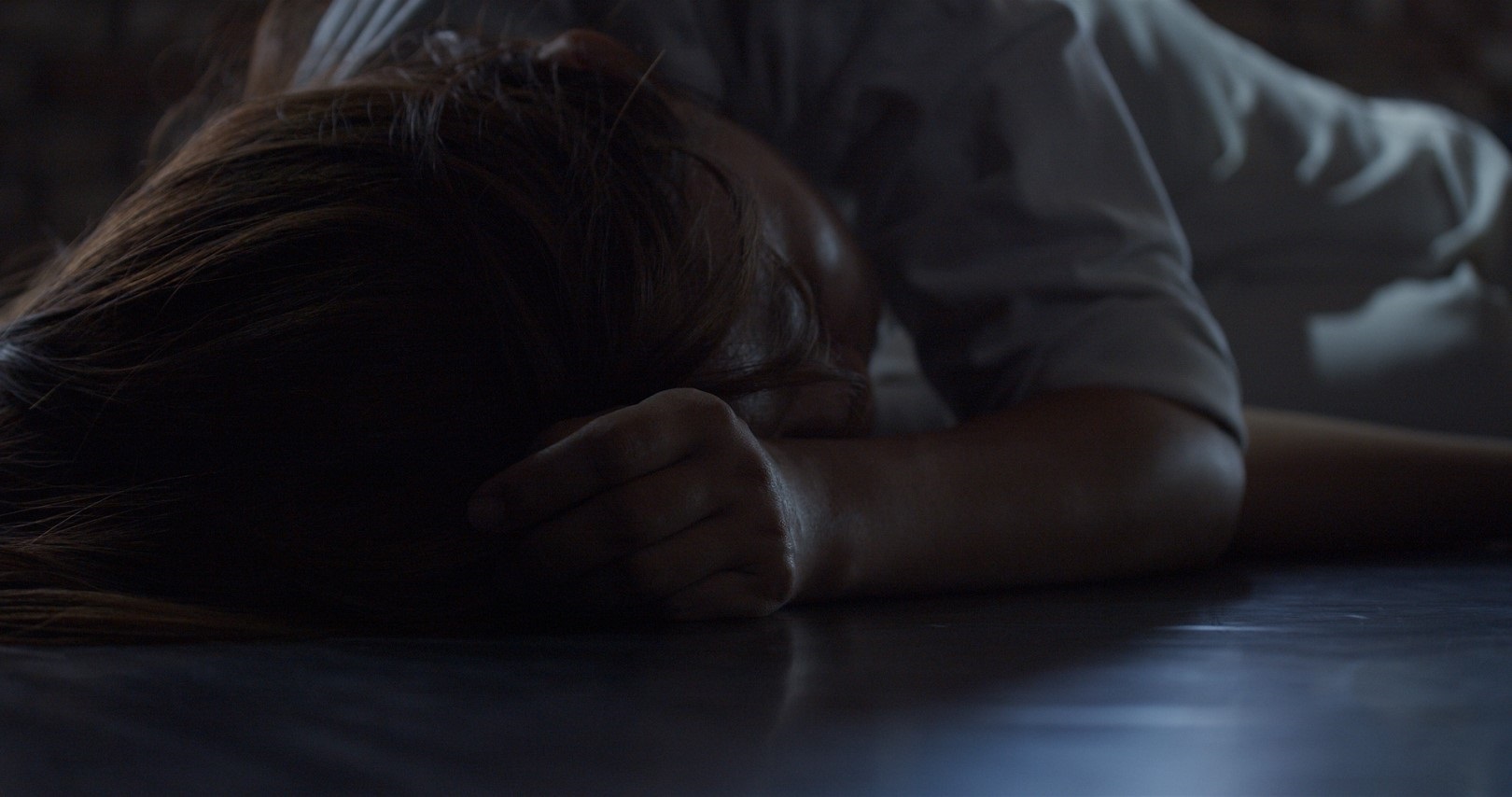Projects
Grounding
MA Minji
- South Korea
- 80min
- DCP
- color
Art&Culture Gender&Sexuality
Synopsis
After the wave of #MeToo movement stories fr om various circles, did sexual violence survivors return to their normal lives? Finding the new ‘normal’ is now in the hands of those individuals. Even though the cases were closed, their memories always take them back to the past. Blighted by violence, their bodies stiffen up even with little touches. From getting out of bed, taking a shower to leaving the house, everyday is a battle with themselves.
While many survivors feel they’re body still remain in the past, dance therapists, choreographers and feminist activists have gathered and plan a movement workshop for trauma recovery. They feel their fingertips again and they move their toes. They re-experience inhaling and exhaling in a safe place. To survive this moment, they move together, and they prepare themselves for a return to daily lives.
Review
What kind of effect does a documentary film have on the lives of the cast? Grounding was planned in the process of deliberating a documentary’s performative practice. The director herself is a survivor of sexual violence, and she expands her identity beyond being a survivor into becoming a suppor ter by planning and running the workshop with the cast.
Trauma takes your body’s time to the past. It also brings back unwanted memories and makes you lose a sense of reality. ‘Grounding,’ one of the tactics of stabilization, is to feel the ground that you step on with your feet and to come back to ‘right now, right here.’ It focuses on the sense of your feet touching the ground. The film captures the movements that exist in ‘right now, right here’ by following sexu al violence survivors who are suffering from post-traumatic stress disorder, bringing their sense of life to the present reality.
Director
-

MA Minji
Credit
- Producer오희정 OH Heejung
